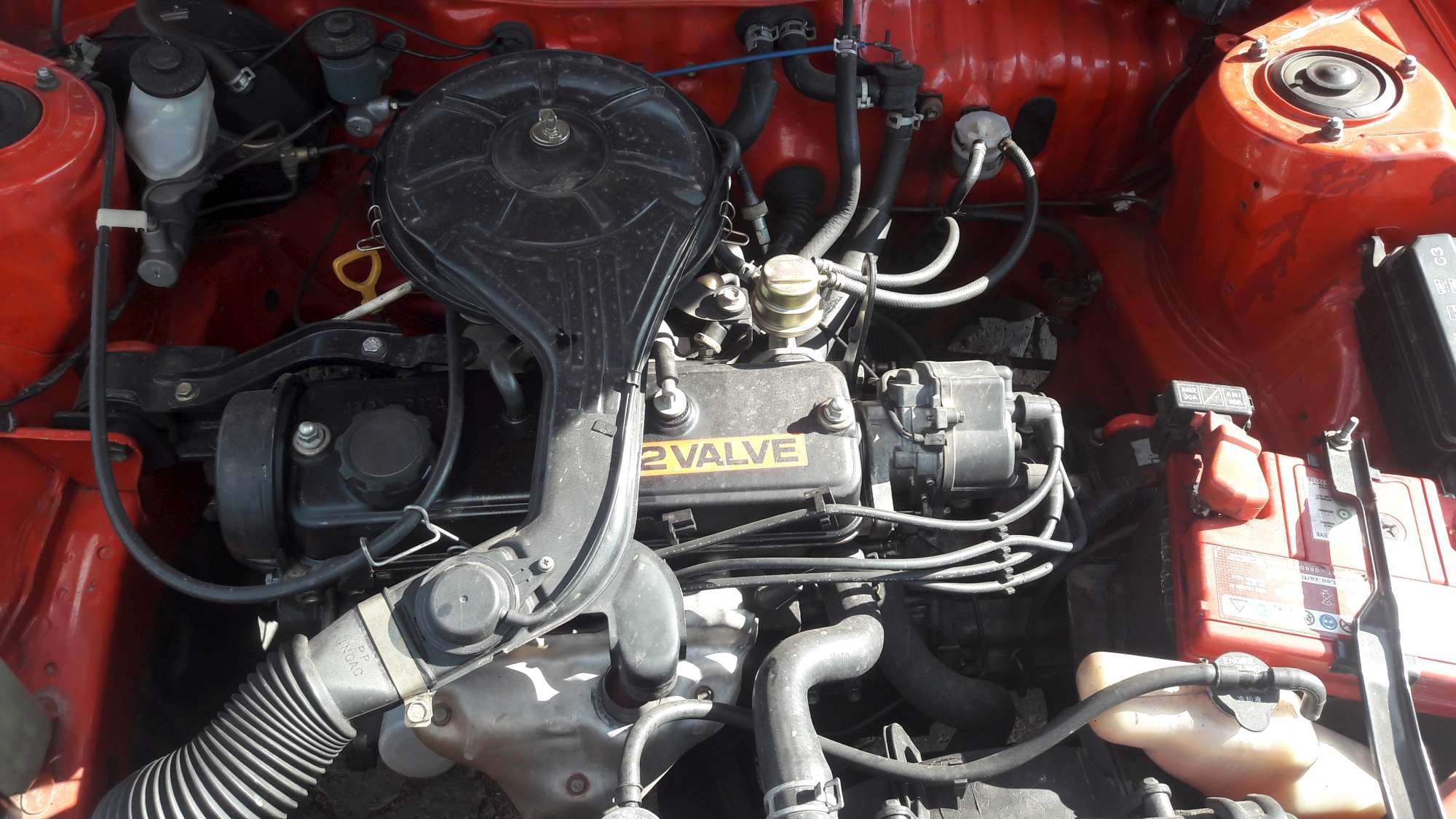Engine Acquiring Specialist Tips on Selecting the Right Engine for Your Particular Needs
Choosing the right engine for your specific demands involves an intricate interplay of variables that exceed mere horsepower figures. From power result to sustain efficiency, the decision-making process can be discouraging. Comprehending the nuances of engine types, sizes, and their compatibility with your automobile is critical. There are experienced suggestions that can help browse this terrain with self-confidence. By diving right into the intricacies of power versus efficiency, reviewing fuel scores, and budgeting for long-term expenses, one can absolutely optimize their engine option.
Power Vs. Performance: Finding the Equilibrium

When selecting an engine, it is essential to strike a balance between power and efficiency to fulfill your particular demands successfully. Power describes the engine's capability to generate energy for propulsion, figuring out factors like velocity, towing capability, and overall efficiency (Toyota Tazz Engine For Sale). On the various other hand, efficiency connects to just how well the engine uses gas to produce power, influencing aspects such as gas economic situation and ecological kindness
Accomplishing the appropriate equilibrium in between power and effectiveness is crucial because an engine that is as well effective might eat excessive gas, causing greater operating costs and unnecessary strain on the atmosphere. Alternatively, an engine that prioritizes effectiveness over power may result in slow-moving efficiency, particularly sought after situations like pulling heavy tons or driving uphill.
To make an informed decision, take into consideration factors such as your regular driving conditions, the intended usage of the vehicle, and your personal preferences. By reviewing your top priorities and requirements, you can pick an engine that strikes the perfect equilibrium between power and effectiveness, ensuring ideal efficiency while reducing environmental effect and operating expense.
Recognizing Engine Size and Kind
Common engine kinds consist of inline engines, V engines, and rotating engines, each with its special benefits and drawbacks. Comprehending the interaction in between engine size and type is essential in selecting an engine that straightens with your certain demands and top priorities, whether it be power, effectiveness, or an equilibrium of both.
Consider Your Automobile's Demands
Considering your automobile's demands is an essential step in the engine option procedure to ensure ideal efficiency and functionality. It is vital to review elements such as the meant usage of the automobile, its weight, lugging capacity, and gas effectiveness demands. For instance, if you are searching for an engine for a durable truck that will be utilized for towing, you will certainly need a powerful engine with high torque capabilities. On the various other hand, if you are selecting an engine for a small vehicle mainly utilized for city travelling, gas effectiveness might be a more crucial aspect to think about.

Examining Gas Efficiency Scores
Evaluating fuel efficiency scores is a vital aspect of choosing the best engine for your automobile, making sure expense financial savings and environmental sustainability. Fuel performance ratings, normally gauged in miles per gallon (MPG) for gas engines or kilowatt-hours per 100 miles (kWh/100 miles) for electric engines, suggest exactly how much an automobile can take a trip on a particular amount of gas or electrical energy. Higher MPG or reduced kWh/100 miles values indicate more efficient engines, equating to minimized fuel expenses and lower carbon discharges.
Additionally, contrast various engine alternatives within the exact same lorry course to determine the most economical selection. Variables such as engine size, weight, aerodynamics, and hybrid or electric capabilities can all influence fuel efficiency.
Budgeting for Long-Term Costs
Purposefully preparing for long-lasting expenditures is essential when selecting an engine, making certain economic sustainability over the lorry's lifespan. While the first acquisition rate of an engine is a significant element, it is critical to take into consideration the long-lasting expenses connected with upkeep, repair services, and fuel usage. Choosing a more fuel-efficient engine may have a greater ahead of time expense but can cause substantial financial savings with time. Routine upkeep, such as oil adjustments, filter substitutes, and tune-ups, is important to keep the engine running efficiently and effectively, decreasing the risk of expensive fixings down the line.
In addition, looking into the schedule and expense of replacement click now parts for the index picked engine is important in spending plan preparation. By thoroughly budgeting for these long-term expenditures and factoring them into the decision-making process, individuals can pick an engine that not just fulfills their prompt requirements yet additionally stays economical throughout its life-span.
Verdict
To conclude, choosing the ideal engine for your certain needs requires stabilizing power and performance, recognizing engine dimension and type, considering your automobile's needs, reviewing fuel effectiveness rankings, and budgeting for lasting prices. By meticulously taking into consideration these variables, you can make sure that you pick an engine that satisfies your demands and supplies ideal performance for your vehicle.
To further improve the choice process of an engine that strikes the optimal equilibrium in between power and performance, it is vital to dive right into the ins and outs of comprehending engine size and type. Engine dimension refers to the overall quantity of air and fuel that can be pressed via the engine cyndrical tubes. Common engine types include inline engines, V engines, and rotary engines, each with its unique benefits and drawbacks. Recognizing the interaction in between engine dimension and type is essential in picking an engine that lines up with your details requirements and priorities, whether it be power, efficiency, or an equilibrium of both.
Gas efficiency rankings, commonly gauged in miles per gallon (MPG) for fuel engines or kilowatt-hours per 100 miles (kWh/100 miles) for electric engines, suggest exactly how far a vehicle can take a trip on a details amount of fuel or electrical energy.